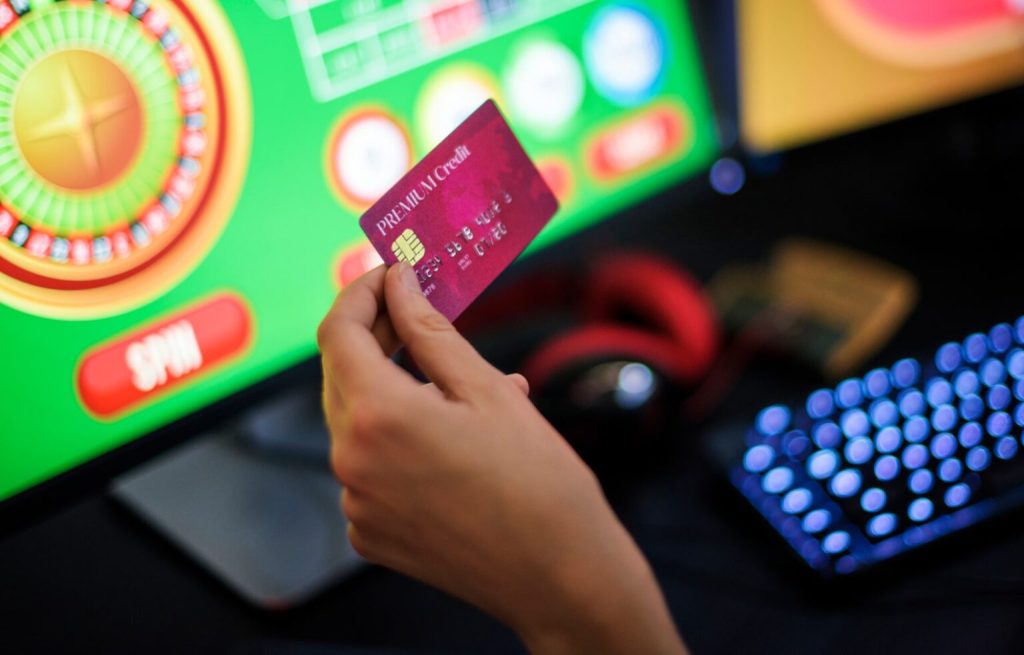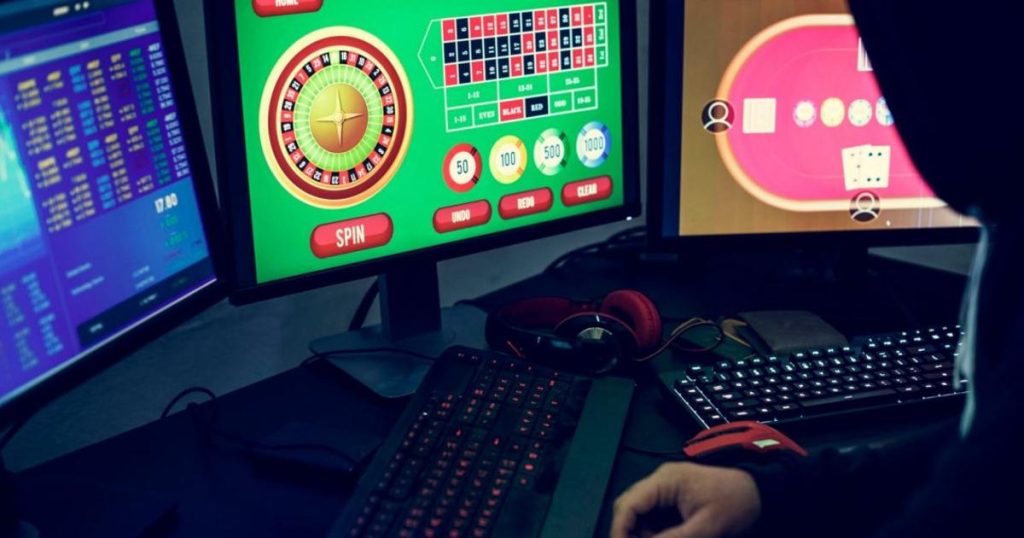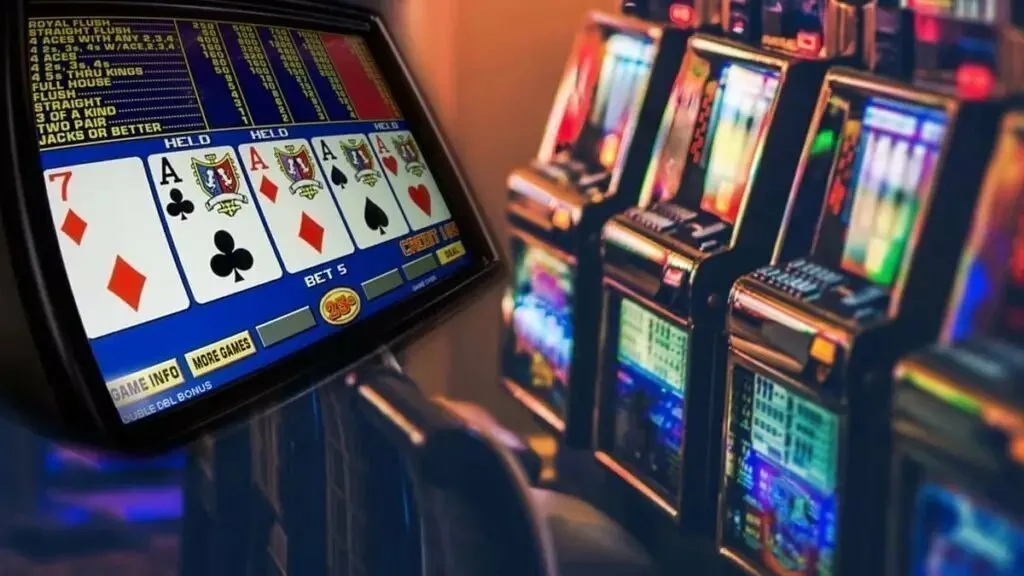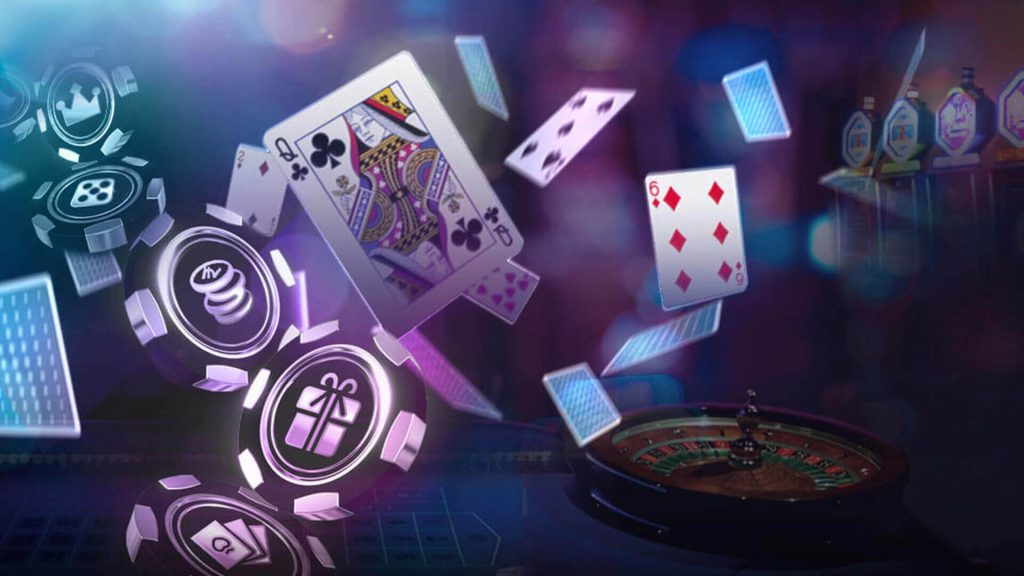Почему казино может задерживать выплаты — вопрос, часто упирающийся в интеграции с внешними платёжными провайдерами. При выводе выигрыша с рулетки онлайн-платформа использует API стороннего сервиса — будь то банковская система, электронный кошелёк или криптовалютный шлюз. Каждый из них требует времени на обработку заявки, прохождение антифрод-фильтров, проверку баланса, валютных конверсий. Когда на платёжном узле возникает ошибка или превышен лимит операций, задержка становится неизбежной.
На стороне казино программный модуль может зафиксировать ошибку статуса и заморозить транзакцию до ручного подтверждения. Платёж не уходит, поддержка ждёт ответа от банка. Игроку это выглядит как саботаж, но по факту механизм работает во избежание дублирующих выплат и блокировки счёта. В рулетке особенно часто возникают задержки при выигрышах через автоигру, когда ставка и вывод обрабатываются в течение минут — что повышает нагрузку на модуль транзакций.
Идентификация личности и проверки KYC
Второй ответ на вопрос, почему казино может задерживать выплаты, связан с юридической проверкой аккаунта. Любая легальная онлайн-площадка обязана соблюдать процедуру KYC — Know Your Customer. В случае выигрыша в рулетке свыше определённого лимита (например, 1000 евро для лицензии Кюрасао) система автоматически запрашивает сканы документов, подтверждение адреса и способа пополнения.
Некоторые игроки используют чужие карты или анонимные кошельки, что противоречит политике AML. Казино, в свою очередь, обязано приостановить выплату до завершения проверки. При этом запрос KYC не всегда приходит сразу после выигрыша. Часто алгоритм отслеживает аномальное поведение — серию ставок по нестандартной схеме, удвоения без остановки, скачкообразные депозиты. Всё это попадает в риск-фильтр, который приостанавливает вывод до подтверждения подлинности личности.
Нарушение бонусных условий и отмена выигрыша: почему казино может задерживать выплаты
Когда онлайн-казино предлагает фриспины или удвоение депозита, оно устанавливает жёсткие правила отыгрыша. Например, если пользователь активировал бонус при ставках на рулетку, но начал использовать систему Мартингейл с целью быстрой обналички, алгоритм фиксирует нарушение. Почему казино может задерживать выплаты в таком случае? Потому что система должна проанализировать соответствие условий.
Если в пользовательском соглашении прописано ограничение на размер ставки или запрет на прогрессивные стратегии, а игрок их нарушил, оператор обязан временно заморозить средства. Некоторые платформы вводят специальные таймеры: выигрыш висит в буфере, пока служба верификации не завершит анализ логов.
Меры безопасности и защита от мошенничества
Почему казино может задерживать выплаты — ещё один пример: автоматическая блокировка после подозрительной активности. Игрок вошёл с нового IP-адреса, поменял устройство, резко увеличил сумму вывода. Для регулятора подобная активность — признаки возможной компрометации аккаунта. В ответ система включила механизм защиты: приостановка вывода, отправка уведомления в службу поддержки, запуск анализа действий.
В рулетке высокая частота ставок делает такие случаи особенно заметными. Например, если игрок ставил по 50 ₽ и внезапно выиграл 500 000 ₽, алгоритм анализирует: совпадал ли стиль игры, не подключался ли сторонний скрипт, не изменялась ли геолокация. Онлайн-платформа обязана соблюсти меры безопасности: при малейшем подозрении блокировка наступает автоматически.
Особенно жёстко такие случаи контролируются на платформах с лицензией Великобритании или Гибралтара, где регулятор имеет право заморозить счёт на 30 дней для аудита всех операций. Поэтому проверка на безопасность — критически важный фактор, из-за которого выплаты могут задержаться.
Юрисдикция и особенности лицензии
Почему казино может задерживать выплаты — часто определяется юрисдикцией, в которой зарегистрирована площадка. Лицензии регулируются органами вроде Curacao eGaming, Malta Gaming Authority, UK Gambling Commission, Gibraltar Gambling Division и реестрами Коста-Рики. Каждый из регуляторов устанавливает собственные протоколы по верификации, срокам выплат и лимитам транзакций.
Например, казино под лицензией Мальты обязано обрабатывать заявки в течение 5 рабочих дней. Регулятор Кюрасао допускает до 14 дней, а Коста-Рика вовсе не регулирует сроки — игроку приходится полагаться на добросовестность платформы. При этом юрисдикция влияет и на доступность жалобы. В легальных онлайн-казино типа LeoVegas, Betway, PlayOJO предусмотрены прямые каналы связи с регулятором. Пользователь подаёт жалобу — оператор обязан ответить и предоставить доказательства отказа.
Почему казино может задерживать выплаты: типичные причины блокировок
Почему казино может задерживать выплаты в рулетке — наиболее частые ситуации:
- Игрок указал неверные реквизиты при оформлении вывода.
- Система зафиксировала смену устройства или страны входа.
- Алгоритм распознал несоответствие ставок правилам бонусной программы.
- Платёжный шлюз временно недоступен или переведён в режим ручной обработки.
- Запрошена проверка источника пополнения.
- Регулятор инициировал внеплановую проверку или аудит по жалобе.
- Игрок использует мультиаккаунт или VPN, что нарушает лицензионные соглашения.
Каждый из пунктов требует ручной проверки и согласования с юрисдикцией. Особенно это важно в рулетке, где короткий цикл ставок быстро наращивает оборот, провоцируя срабатывание защитных фильтров.
Как избежать задержек и защитить себя
Почему казино может задерживать выплаты в рулетке — всегда связано с сочетанием технических, юридических и организационных факторов. Надёжные сайты работают по лицензии, заранее предупреждают о возможных проверках, публикуют протоколы KYC и чётко фиксируют лимиты вывода. Проблемы возникают там, где нарушена цепочка прозрачности: фейковый ресурс, скам-юрисдикция, неработающий регулятор.
Игрок может защитить себя заранее:
- выбрать платформу с подлинной лицензией, зарегистрированной в юрисдикции Великобритании, Мальты или Гибралтара;
- сверить номер лицензии в реестре;
- изучить раздел KYC, лимиты и сроки вывода;
- проверить каналы связи и тестировать поддержку до внесения депозита;
- избегать площадок с доменами третьего уровня и без указания юрисдикции.
Такой подход снижает риск задержек и повышает шансы на честную игру. Рулетка остаётся одним из самых прозрачных инструментов казино, если её проводит лицензированный оператор.









 Most licensed platforms use similar document requirements. The list is standard but with nuances:
Most licensed platforms use similar document requirements. The list is standard but with nuances: To successfully pass verification, it is important to follow a clear order. The algorithm works in any licensed system. You need to:
To successfully pass verification, it is important to follow a clear order. The algorithm works in any licensed system. You need to:
 The second element is the percentage of payouts to the player. This indicator doesn’t reflect a specific winning probability, doesn’t predict the result of a single session, but demonstrates the long-term return from bets.
The second element is the percentage of payouts to the player. This indicator doesn’t reflect a specific winning probability, doesn’t predict the result of a single session, but demonstrates the long-term return from bets. Understanding the difference between RNG and RTP forms the basis of fair gameplay principles. One indicator is responsible for instant results, the other for mathematical perspective. Together, they create a balanced and transparent system where manipulations are excluded. Here, each spin is the result of a precise algorithm, not someone’s will.
Understanding the difference between RNG and RTP forms the basis of fair gameplay principles. One indicator is responsible for instant results, the other for mathematical perspective. Together, they create a balanced and transparent system where manipulations are excluded. Here, each spin is the result of a precise algorithm, not someone’s will.